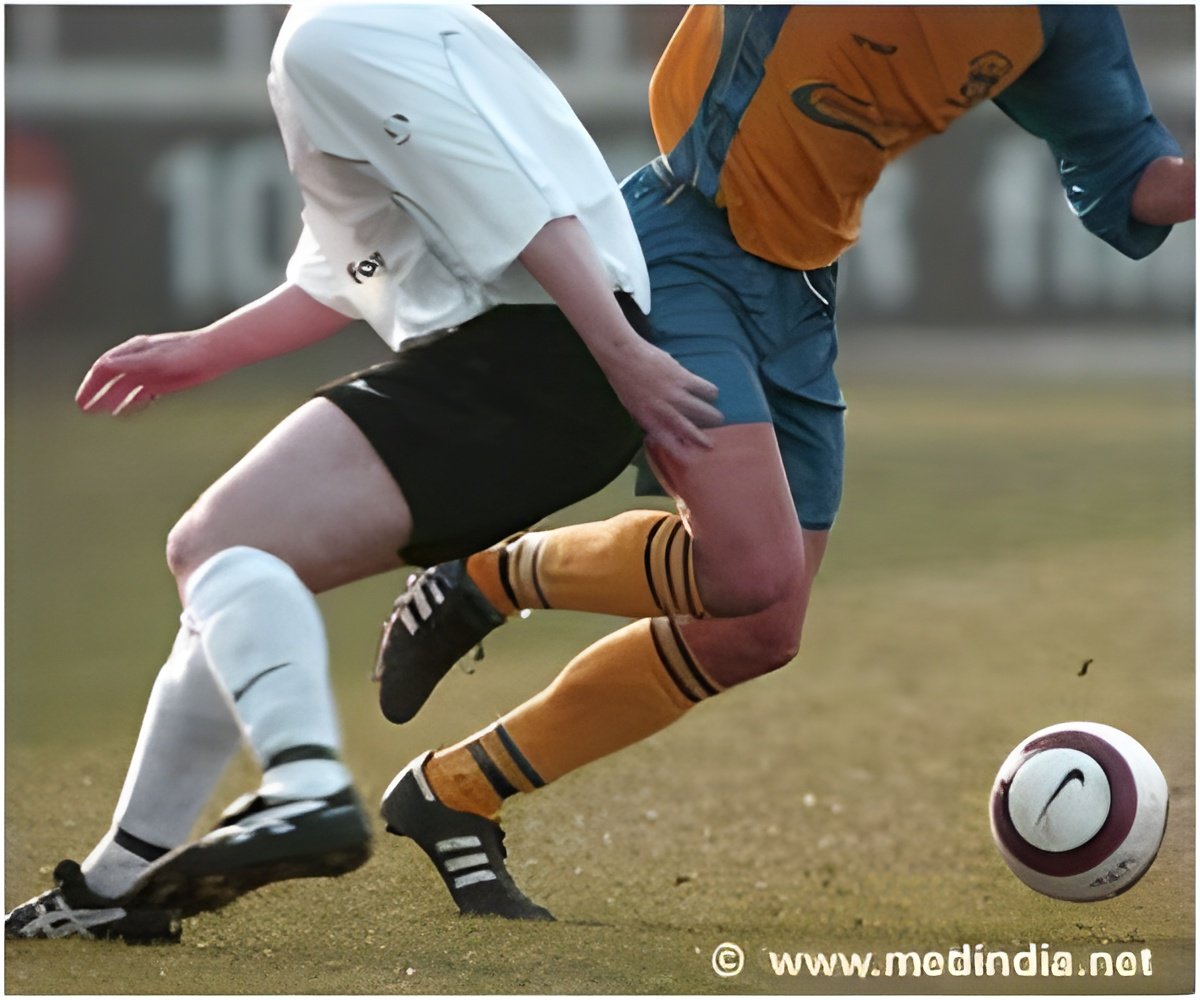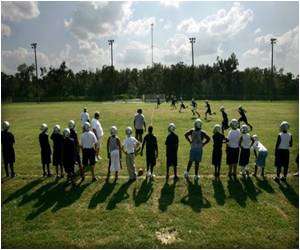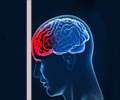CFL players are more likely to value medical tests post concussions, as compared to university-level players, a study from the University of Alberta claims

"You can still be healing from a cognitive perspective even though you feel normal," says Dhiren Naidu, lead researcher from the Faculty of Medicine & Dentistry, who worked with colleagues from the Faculty of Education on the projects."Research shows 85 to 90 per cent of adults recover from a concussion within 10 days. Athletes usually follow a paced 'return-to-play protocol' once they are no longer displaying any concussion symptoms. Just because athletes feel better one to two days after a concussion, that doesn't mean they're healthy enough to go back and start hitting or taking a hit again.
"A total of 68 university athletes and 72 CFL athletes took part in this study, which involved answering a questionnaire before and after a one-hour concussion education session. Results showed most players knew how to manage concussions and what the hallmark symptoms were. And after the session, players were more apt to understand two key pieces of information: concussions can stem from blows to any part of the body, and MRI or CT imaging doesn't always detect concussions. The results demonstrated the education session improved players' knowledge. Last season the CFL implemented annual concussion education sessions for their athletes. These results confirm the effectiveness of the education sessions and outline the importance of continuing to educate athletes on the topic of concussion.
Naidu, who is a physician that specializes in concussions and works in the Division of Physical Medicine and Rehabilitation with the faculty, says he was surprised that more players weren't aware of those two key facts about concussion."These two items have been the mainstays of concussion education for years, so I was surprised more athletes weren't aware of these facts. You can get a hit anywhere on the body and get a concussion because it's about the force being transmitted to the head.
You don't need a hit to the head to have a concussion."A second study led by the same team looked at concussion history and symptoms in university-level athletes. The results showed football players fared the worst when it came to experiencing a plethora of symptoms and having more than one concussion. Football players had poorer results in visual memory tests, and were more apt to report symptoms such as headaches, fatigue, drowsiness, irritability and feeling more emotional. Sixty-five per cent of hockey players, 56 per cent of football players and 50 per cent of soccer players reported experiencing concussions in the past. Hockey players were also more apt to experience amnesia post-concussion. A total of 274 male athletes took part in this second research study, including 155 football players, 67 hockey players and 52 soccer players.
Source-Eurekalert










